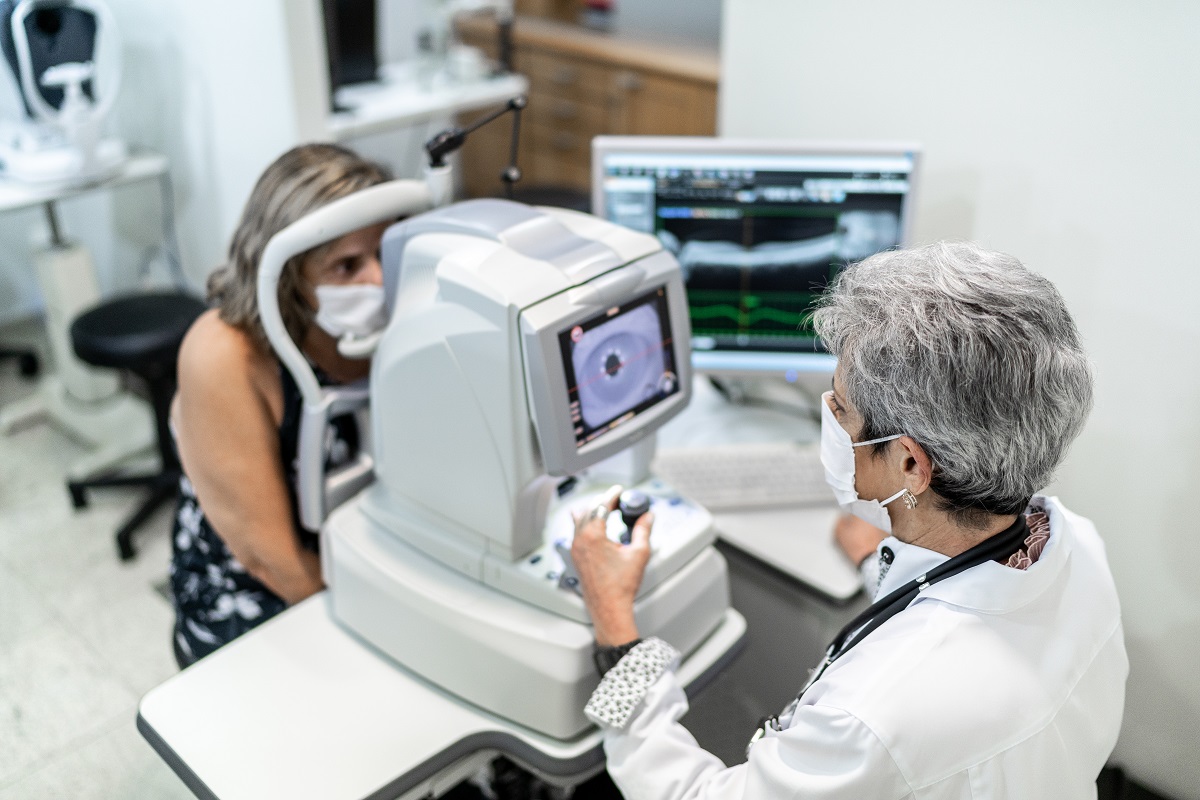While it could take time to see results, there’s a lot going on behind the scenes
Wet AMD treatment progression can be different for everyone; some patients experience vision improvements immediately, while others may take longer. But remember that just because you may not be progressing on the timeline you expected does not mean your treatment is not working.

To increase the likelihood of improved vision, you must follow the anti-VEGF treatment schedule set by your doctor. This is the case whether or not you start to see vision improvements right away. Wet AMD is a chronic condition and regular monitoring and treatment is critical to preserve and improve your vision over the long-term.
Even if your vision does not immediately improve with anti-VEGF treatment, the injections help stabilise your wet AMD and prevent your vision from worsening further.
During appointments, your doctor can determine how treatment is working or if your condition is progressing. You have likely heard your ophthalmologist speak about retinal fluid levels. Drying retinal fluid is a key goal of wet AMD treatment.1 Ophthalmologists use anti-VEGF treatments because they can reduce the amount of retinal fluid in your eye.
This fluid is not visible to you, but your ophthalmologist can measure it during appointments with optical coherence tomography (OCT) scans that assess your retinal health. If your doctor sees fluid levels decreasing, this is a positive sign. To learn more about how doctors use OCT scans, click here.
Anti-VEGF treatment can slow the progression of wet AMD. If you have any questions or concerns about treatment, be sure to talk to your doctor. They may be able to help you better understand your treatment plan and what to expect over the long-term.
-
Arnold J et al. The role of sub-retinal fluid in determining treatment outcomes in patients with neovascular age-related macular degeneration–a phase IV randomized clinical trial with ranibizumab: the FLUID study. BMC Ophthalmol. 2016;143(4):679-680.

